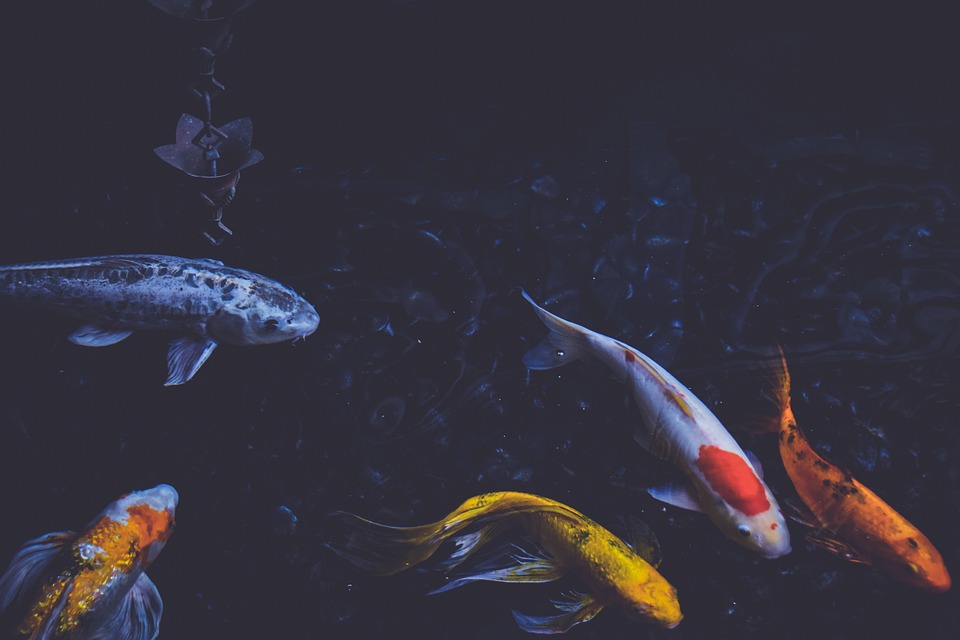Essential Interview Guide for Aspiring Fisheries Officers: Tips and Insights for Success
Embarking on a career as a fisheries officer is not merely a job; it’s a vocation steeped in responsibility and passion for preserving aquatic ecosystems. As you prepare for the interviews that will pave the way to your future, it’s crucial to arm yourself with the right knowledge and strategies. Here’s a guide to help you navigate this journey smoothly.
Understanding the Role
A fisheries officer wears many hats. You’re not just monitoring fish populations; you’re an advocate for sustainable practices, a regulator of fishing activities, and often, an educator to the public. Familiarity with the intricacies of fish biology, habitat management, and fisheries law will set you apart. Dive deep into current legislation and the latest conservation strategies. Knowledge of local fish species and their ecosystems will not only impress your interviewers but demonstrate your genuine interest in the role.
Preparing for Common Questions
Interviews often revolve around a core set of questions. Anticipating these can give you a significant edge. Consider the following:
-
Why do you want to be a fisheries officer? This is your chance to showcase your passion. Tailor your answer to reflect your commitment to marine conservation and sustainability.
-
Can you discuss a time you dealt with a conflict? Fisheries officers often face disputes, whether with anglers or stakeholders. Share a relevant experience, focusing on your problem-solving skills and diplomacy.
-
What do you know about our local fisheries management practices? This question tests your research skills. Knowledge of local projects or challenges demonstrates initiative and preparedness.
Showcasing Relevant Experience
Your background is your strongest asset. Highlight any experience related to marine biology, environmental science, or even volunteer work with conservation groups. If you’ve participated in any research projects, don’t hesitate to mention them. Practical experience, such as working on fish farms or assisting in habitat restoration, can provide concrete examples of your dedication and skills.
Emphasising Soft Skills
While technical knowledge is paramount, soft skills often make the difference. Communication is key, as you’ll need to relay complex information to the public and collaborate with various stakeholders. Equally important is adaptability; the nature of fisheries work can change rapidly due to environmental factors or policy shifts. Illustrate situations where you’ve demonstrated these qualities, painting a vivid picture of your interpersonal abilities.
Dressing for Success
First impressions matter. Dressing appropriately can set a professional tone. Opt for smart-casual attire; think of practicality paired with professionalism. Wear comfortable shoes, especially if your interview includes a field component. Your attire should reflect not just respect for the interviewers but also readiness for the role you aspire to.
Asking Insightful Questions
At the end of your interview, you may be given the opportunity to ask questions. This is your moment to shine. Inquire about ongoing projects, challenges the department faces, or future initiatives. Such questions not only demonstrate your enthusiasm but also show that you’re already thinking like a fisheries officer.
Preparing for the Future
A successful interview is just the beginning. Whether you secure the position or not, the experience will provide invaluable insights for your career journey. Remember that each interaction is a learning opportunity, paving the way for your aspirations in the fisheries sector.
As you navigate your way through the intricacies of this process, remember that CVPortal continues to bring you a variety of high-quality CV samples and resources to assist you in crafting your professional narrative. Embrace the journey ahead with confidence and curiosity!


